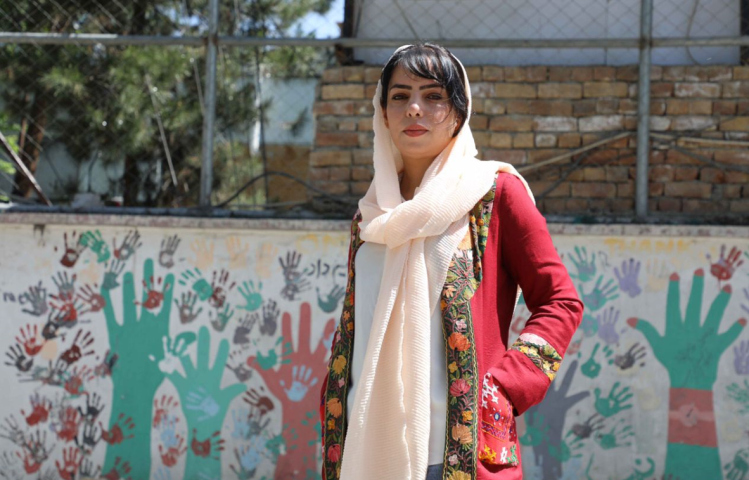
Keeping hope alive
Afghan journalists in exile continue reporting despite an uncertain future “I lost my family, my job, my identity, and my country,” Afghan journalist Anisa Shaheed told CPJ in a phone interview. A former Kabul-based reporter for TOLONews, Afghanistan’s largest local broadcaster, Shaheed is one of hundreds of journalists who fled Afghanistan following the Taliban takeover…
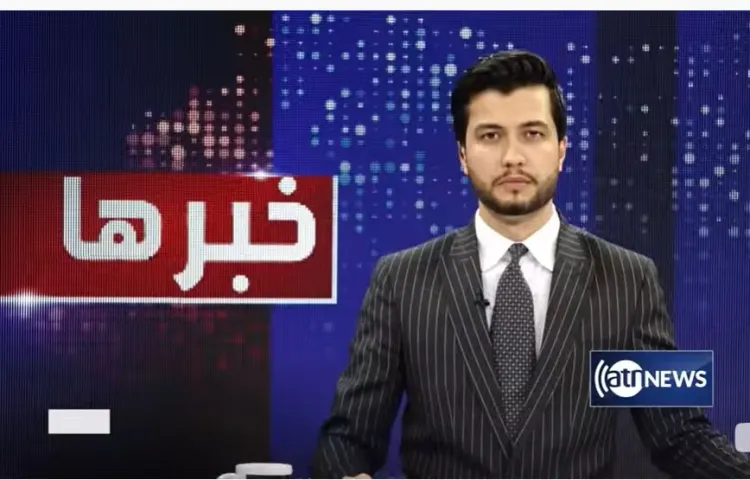
Inside an Afghan news network’s struggle to survive
Threats, insults, beatings, and censorship: Former Ariana News staffers detail dire challenges during a year under Taliban control For veteran journalist Sharif Hassanyar, the final breaking point came in September last year. The Taliban had ousted the elected government of Afghanistan President Ashraf Ghani almost a month earlier, and the last American soldiers had since…
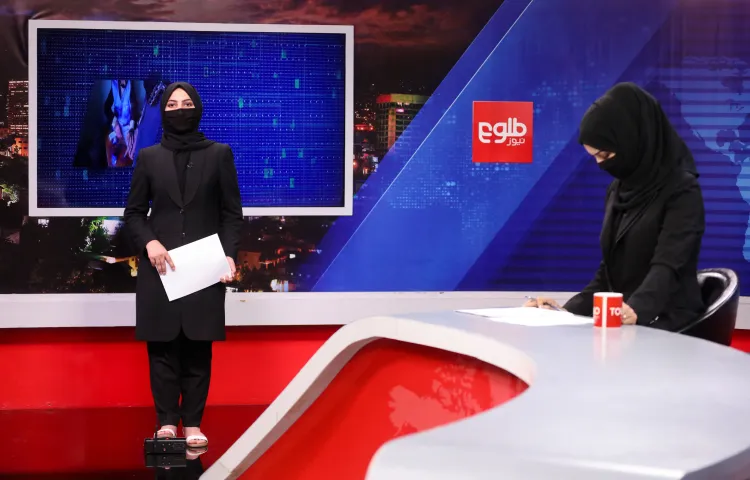
Afghanistan’s media faces crisis—and opportunity
Twelve months after the Taliban takeover, many Afghan journalists are out of work or on the run. Others try, very carefully, to challenge the powerful. The extreme distress that has gripped Afghanistan’s independent media since the Taliban seized power in Kabul on August 15 last year lands in my inbox—and the inboxes of many of…
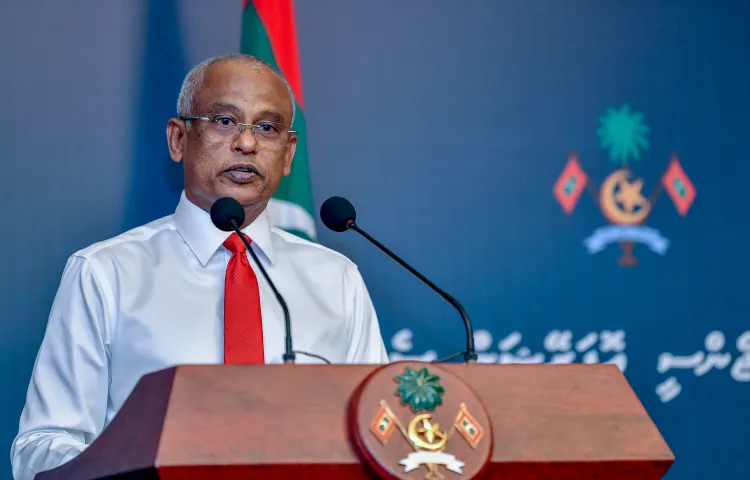
CPJ joins call for Maldives to repeal or amend provision of Evidence Act
On July 25, 2022, the Committee to Protect Journalists joined nine press freedom, freedom of expression, and human rights groups in a statement calling on the Maldives government to repeal or amend a provision of the recently ratified Evidence Act, which allows courts to compel journalists and media organizations to reveal their sources on the…
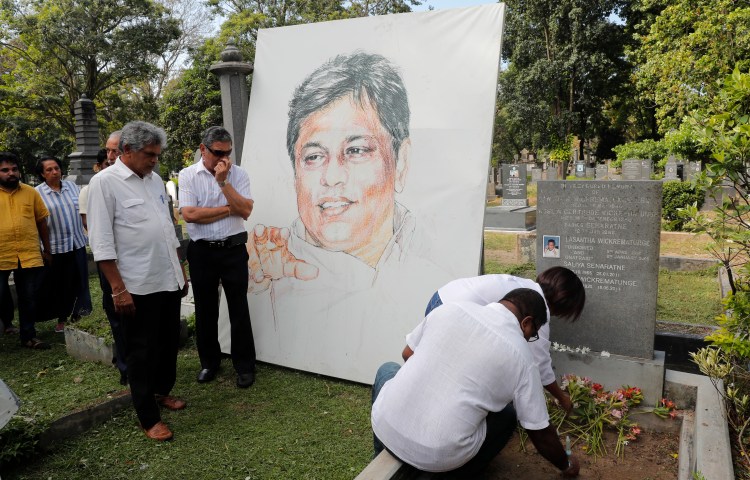
New details raise questions about whether Sri Lankan president was complicit in the killing of journalist Lasantha Wickrematunge
Nishantha Silva is obsessed with details. The missing notebook. The unusual telephone number. The motorcycle tossed into a lake and the person who knew exactly where to find it. Those details and others are the pointillist dots of color that Silva, formerly a detective with Sri Lanka’s Criminal Investigation Department, has assembled into a vivid…
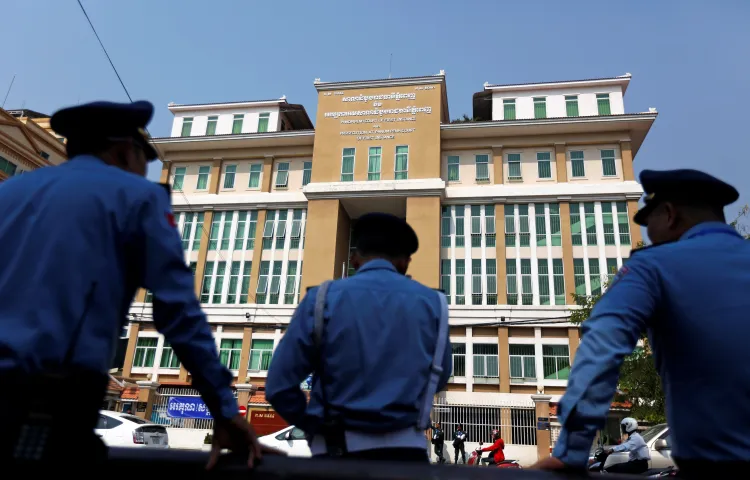
CPJ joins call for Cambodia government to revoke plans to establish an internet gateway
On May 16, the Committee to Protect Journalists joined more than 30 free expression, technology, and human rights groups in a statement calling on the government of Cambodia to revoke a decree that would establish a gateway capable of monitoring all internet traffic in and out of Cambodia. The Sub-Decree on the Establishment of the…
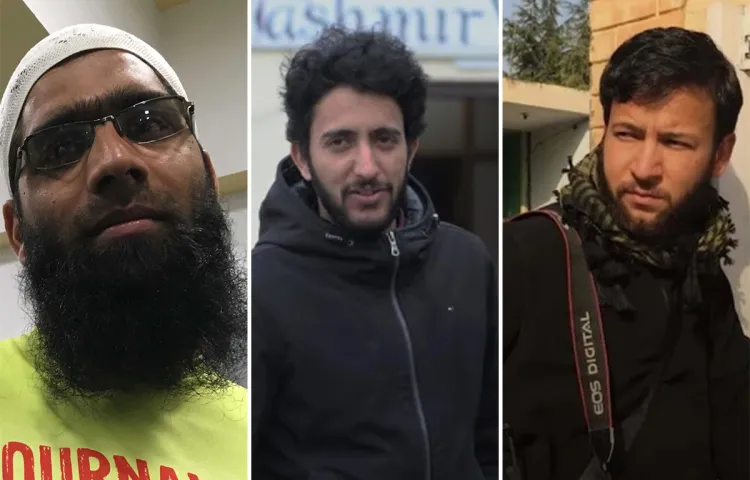
Kashmir media at a ‘breaking point’ amid rising number of journalist detentions
Sajad Gul’s mother had prepared his favorite dishes as she anxiously awaited his return home. The Kashmiri journalist, who had been granted bail the day before, on January 15, 2022, was to be released following his arrest earlier that month in a criminal conspiracy case, according to a journalist friend who spoke on condition of…
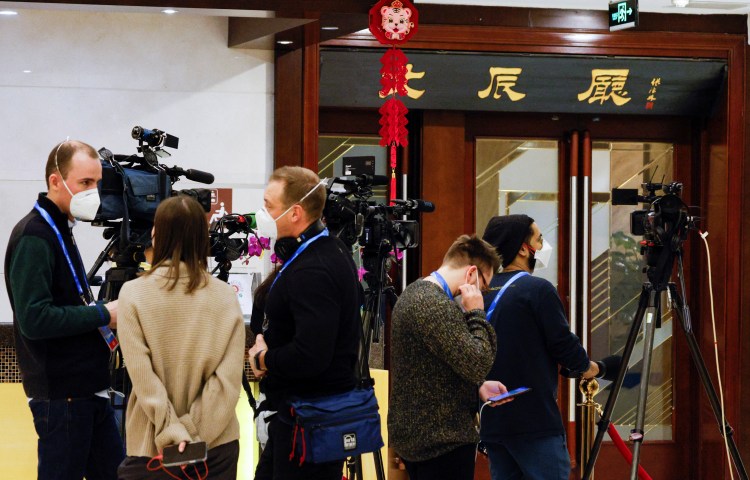
How China is stepping up harassment of foreign correspondents
When international journalists rushed to Zhengzhou city in Henan province to cover a deadly flood in July 2021, they were confronted by angry bystanders who accused them of “spreading rumors” and “smearing China.” Many also received harassing messages on social media and intimidating calls, according to the Foreign Correspondents’ Club of China. This hostility spread after the Henan Communist Youth…
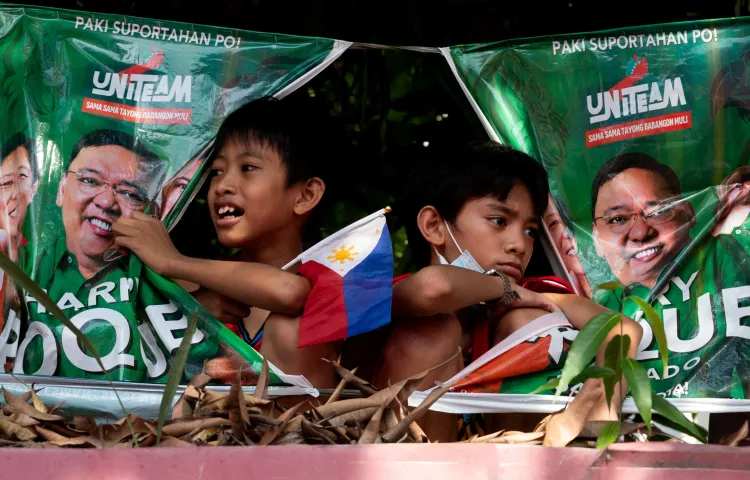
‘Red-tagging’ of journalists looms over Philippine elections
As Philippine presidential candidates wind up their campaigns before the May 9 election, journalists in the country are demanding that whoever succeeds President Rodrigo Duterte put an end to “red tagging” – the labeling of individuals as rebels or supporters of the communist insurgency – that helped put their colleague Frenchiemae Cumpio behind bars. Cumpio, the 23-year-old executive director…
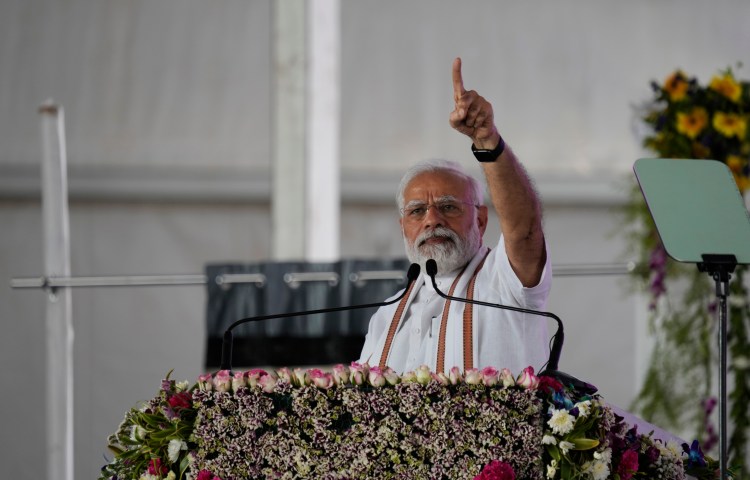
CPJ joins call for Indian government to end attacks on the press
On World Press Freedom Day, Tuesday, May 3, the Committee to Protect Journalists joined nine other press freedom and human rights organizations in a statement calling on the government of India, led by the Hindu right-wing Bharatiya Janata Party, to address the rapidly deteriorating state of press freedom throughout the country and in Indian-administered Jammu…